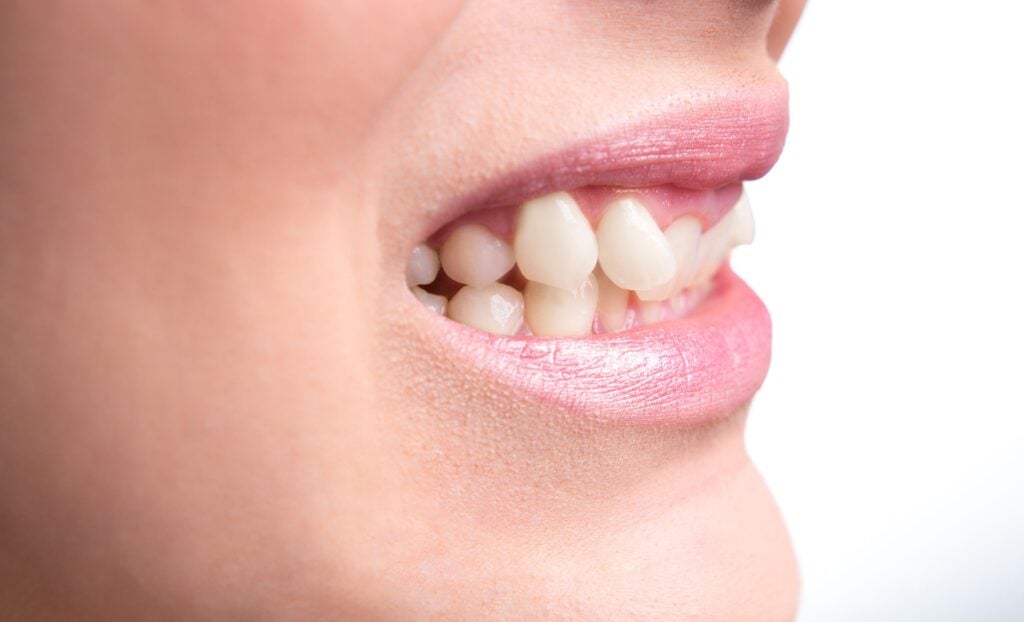-
Is Your Bite Sabotaging Your Smile? How Misalignments Affect Your Oral Health

How Bite Issues Affect Your Oral Health
When you think about the perfect smile, straight white teeth probably come to mind. But there’s more to a healthy mouth than just appearance. Your bite—the way your upper and lower teeth come together—greatly affects your oral health. A misaligned bite, also known as malocclusion, can negatively impact your teeth, gums, jaw, and even digestion. Learn about the most common bite problems and how they affect your mouth.
Continue reading “Is Your Bite Sabotaging Your Smile? How Misalignments Affect Your Oral Health”
RECENT POSTS
categories
- Uncategorized
- Cosmetic Dentistry
- Veneers
- Healthier Teeth
- Teeth Whitening
- Dental Health
- Video
- Dental Emergencies
- Invisalign
- Dental Implants
- Root Canal
- Sedation Dentistry
- Infographic
- Dental Crowns and Bridges
- Dental Anxiety
- Gum Disease
- COVID-19
- Bad Breath
- New York Dentist
- Cut out sugar
- General Dentistry
- Oral Health
- Oral Cancer
- Dry Mouth
- Gum Health
- Toothache
- Dental Sealants
- Cavities



